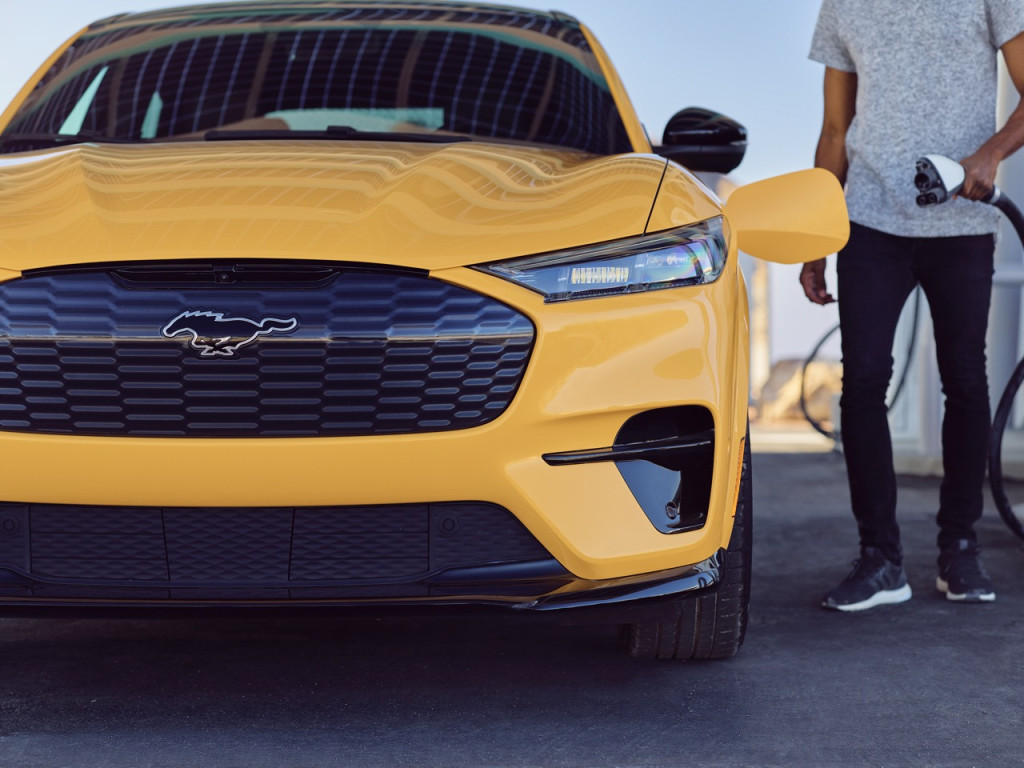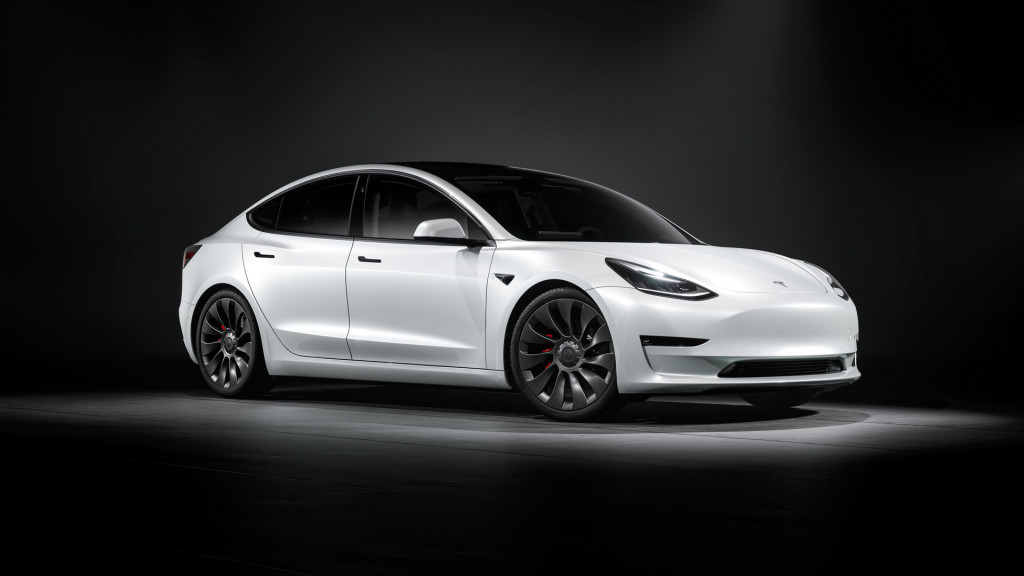The U.S. Treasury Department confirmed Thursday that buyers can effectively bypass both the American final assembly and critical-mineral requirements for electric vehicles—if those EVs are leased.
That means, according to Reuters, starting Jan. 1, automakers selling EVs with final assembly outside North America may be eligible for a commercial-vehicle tax credit of up to $7,500 if applied to subsidized leases, in what amounts to a workaround for the American-made requirements of the Inflation Reduction Act (IRA) and its restructured EV tax credit.
The move, which has been anticipated by many in recent weeks, perhaps quells some of the trade pushback from other nations that's been building since the passage of the IRA, including the possibility that the tax credit might violate WTO rules.
Meanwhile, the rules remain quite different for anyone planning to buy an EV outright. In guidance released Thursday, the Treasury Department clarified that as of Jan. 1, 2023, new rules for MSRP, income, and final assembly will all apply to purchased vehicles. As per the IRA, battery critical minerals relate to half of the credit amount, and the Treasury Department confirmed earlier this month it was delaying the release of full guidance on that portion of the tax credit.

2023 Ford Mustang Mach-E
$7,500 dropping to $3,750 in April?
That will likely mean that for about the first quarter of 2023, many American-made EVs will qualify for the full $7,500 amount, while after the first quarter most of those qualifying models will only be eligible for $3,750.
Under the new credit, the vehicle’s MSRP cannot exceed $80,000 for SUVs, pickups, and vans, or $55,000 for passenger cars. The IRS emphasizes that while the MSRP includes options, “it isn’t necessarily the price you pay”—a clarification many will have amid rampant dealer markups. As per the new rules, buyers must have a household income equal to or less than $150,000 for single filers, $225,000 for heads of households, or $300,000 for married couples filing jointly. Buyers must also purchase the vehicle for their own use, not for resale, and for use primarily in the U.S.

2022 Tesla Model 3
Jan. 1: $7,500 for Model 3, Model Y, Bolt EV, among others
With the previous 200,000-vehicle ceiling lifted, those who purchase GM or Tesla vehicles will likely be eligible for the full credit of $7,500 in the new year, as the IRS has now clearly laid out, as per the IRA, that the new rules apply to vehicles from these brands.
Up until the end of the year, you can still buy an EV or PHEV and claim the $7,500 credit—only if it's American-made, and not yet including GM or Tesla.
So far, the link the IRS provided—of vehicles that qualify for the credit starting Jan. 1—only includes vehicles from Ford, Nissan, Rivian, and Stellantis. But given the price and final assembly stipulations, that list is likely to be greatly expanded in the coming days.













